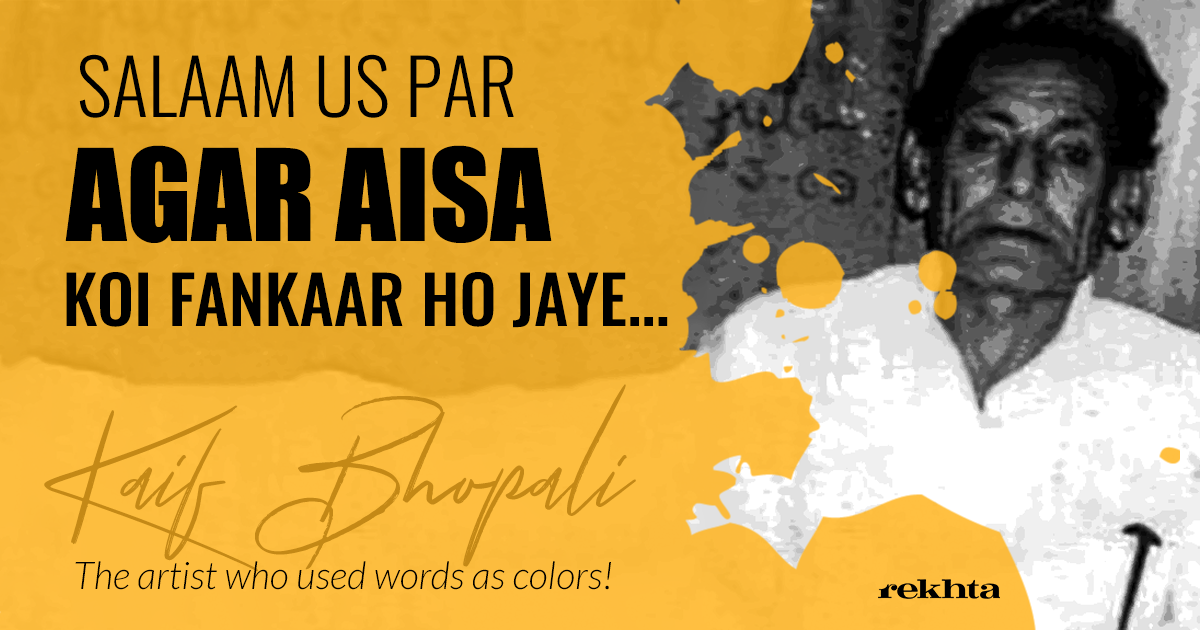
Kaif Bhopali: The artist who used words as colors!
Remembering Kaif Bhopali on his twenty seventh death anniversary
A commendable lyricist, an ingenious poet and above all a soulful artist who stays alive in our collective memory.
Born in 1917, this Kashmiri descendant got an all-inclusive exposure at the cultural centres like Lucknow, Bhopal and Bombay. He gained prominence as a lyricist with Chalo Dildar Chalo sung by Mohammad Rafi, in Kamal Amrohvi’s 1972 classic, Pakeezah.
Kaif was honest with his emotions and unassuming in his expression; he was indeed one who evolved the canons of artless art. Establishing an instant rapport with his readers, he took them along a journey through myriad emotional states of existence. Here are different facets of love and longing, union and separation, piety and reverence that he represented with amazing simplicity.
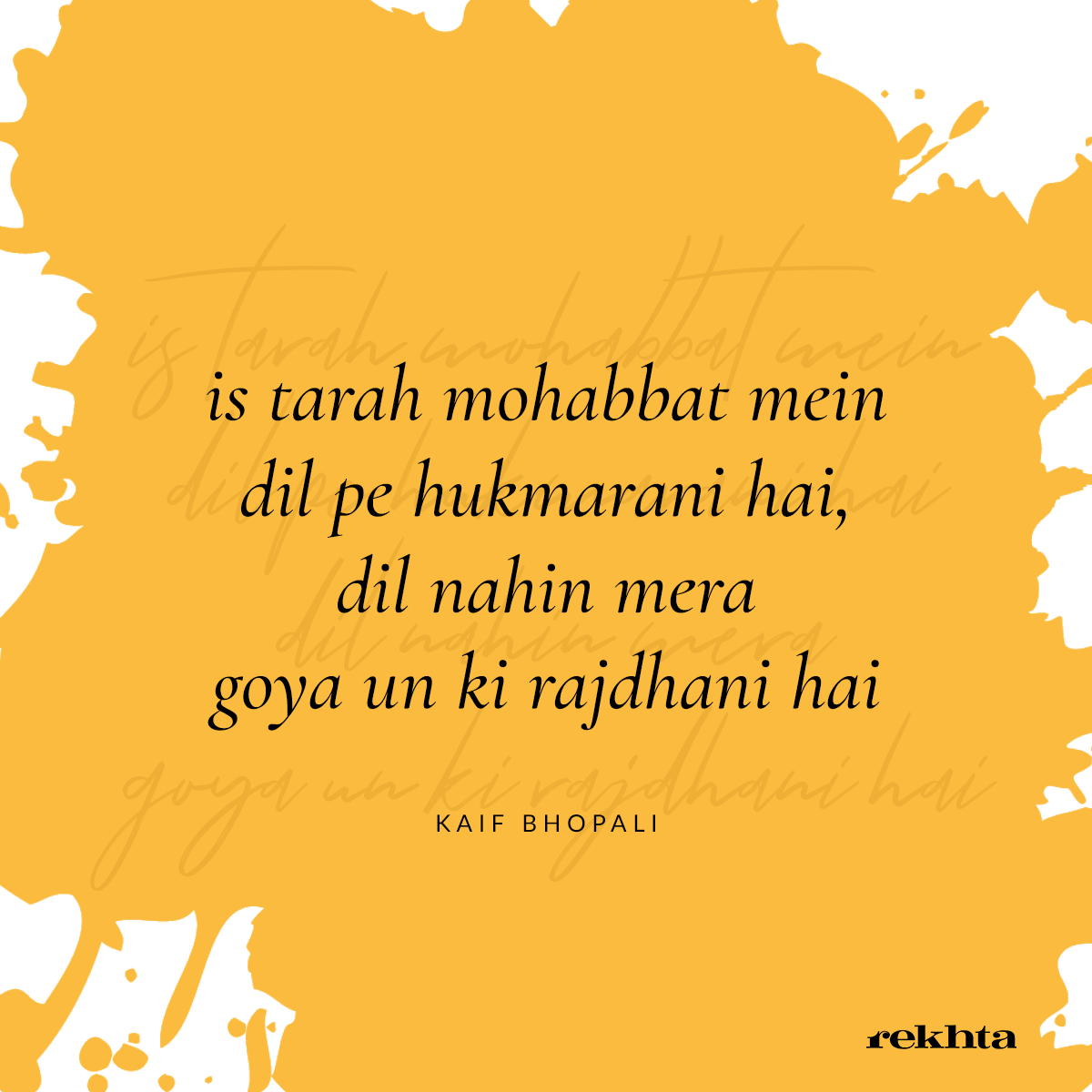
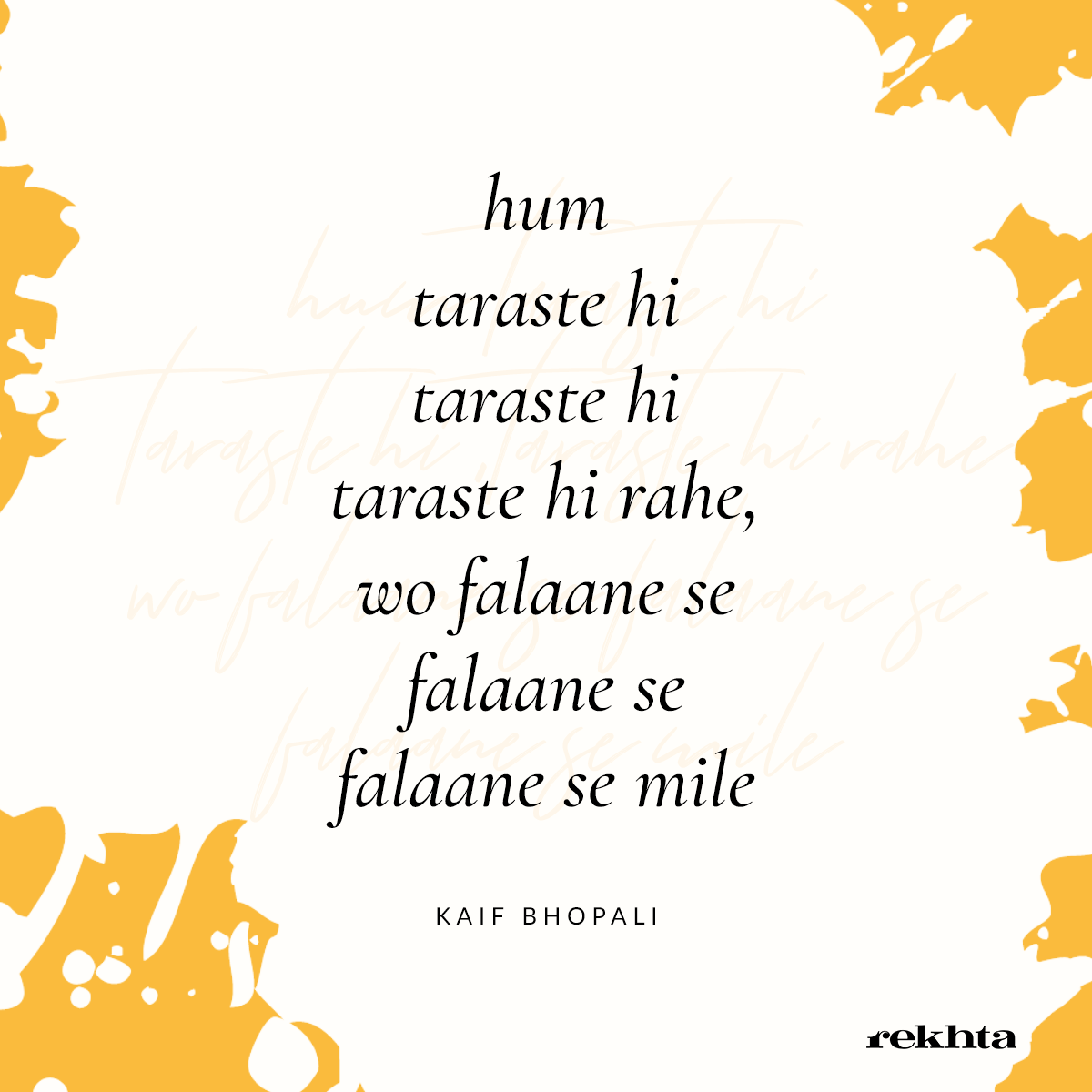
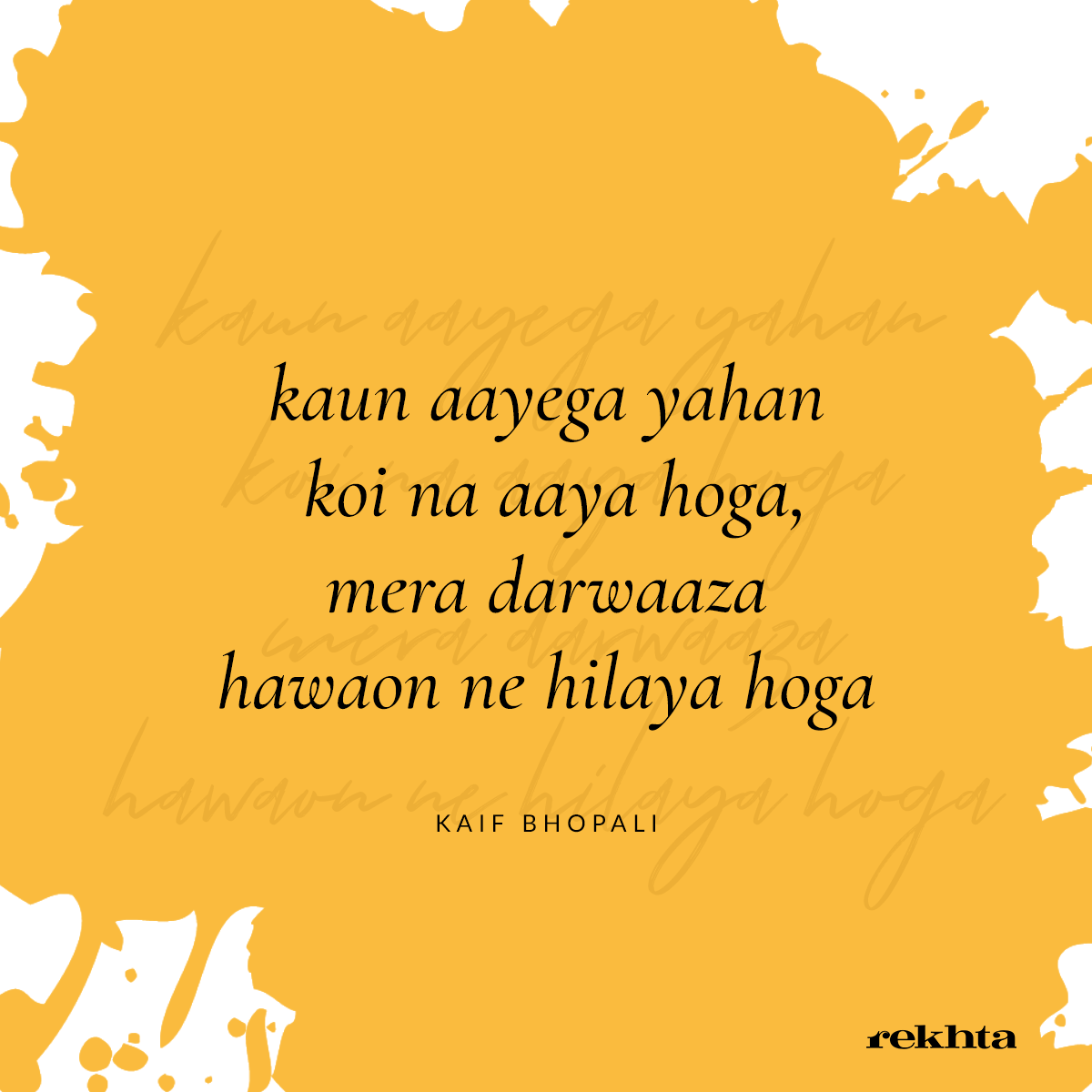
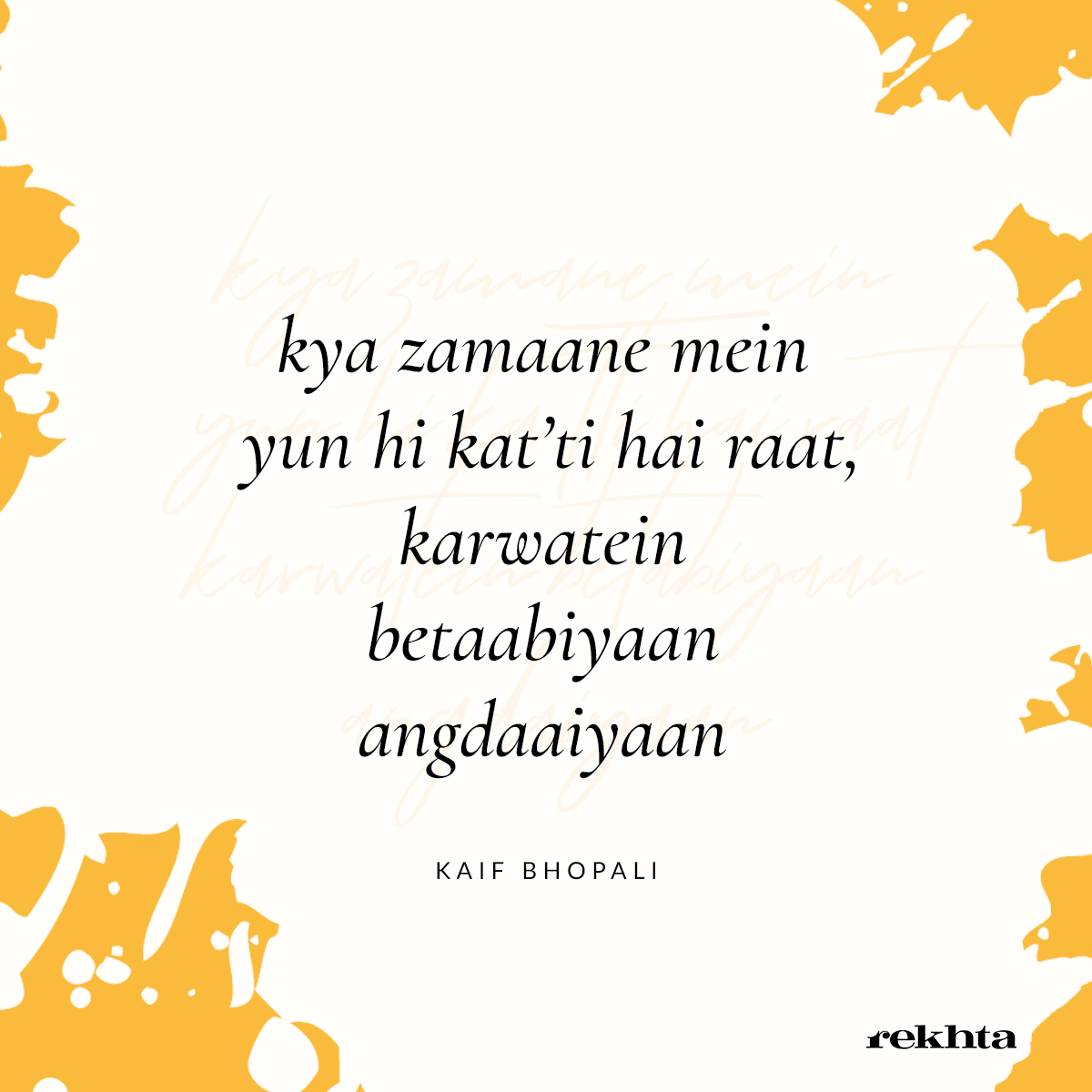
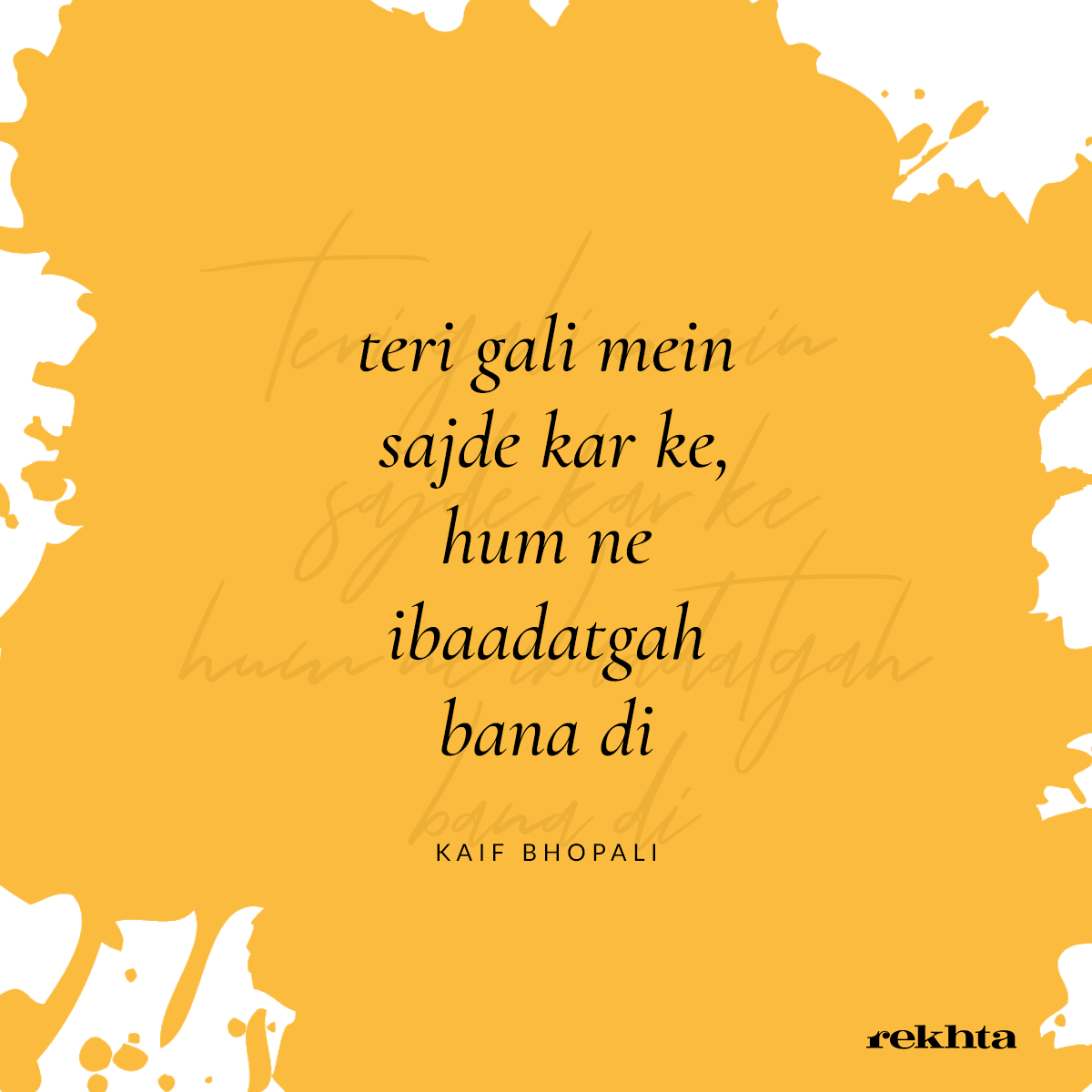
Kaif Bhopali reached his pinnacle as a poet especially when he got face-to-face with his admirers at the grand cultural rendezvous – the mushairas! This man of sharp and dazzling wit left everyone around him in splits and awestruck with his intriguingly individual charm. Interestingly enough, he was the one who also wrote the commentary of the Holy Quran.
His name came to stay as a refrain on the lips of his readers and audiences. They held him in high esteem and huddled together to listen to him in his inimitable style. Kaif emerged as a cult figure and remained so all along. Even while he was brilliant in his wit and upbeat in his humour, he was uniquely philosophical in his take on life and times.
It so happened at one mushaira that he was asked, “Janab, could you please recite the sher that you were requested to recite the other day”. Pat came his answer with no shilly-shallying, “Why should I do it here what they asked me to do there?”
Why did Kaif became this popular? I guess his own words can answer it:
Sun ne wale ghanTon sunte rahte hain
Mera fasaana sab ka fasaana lagta hai
NEWSLETTER
Enter your email address to follow this blog and receive notification of new posts.




